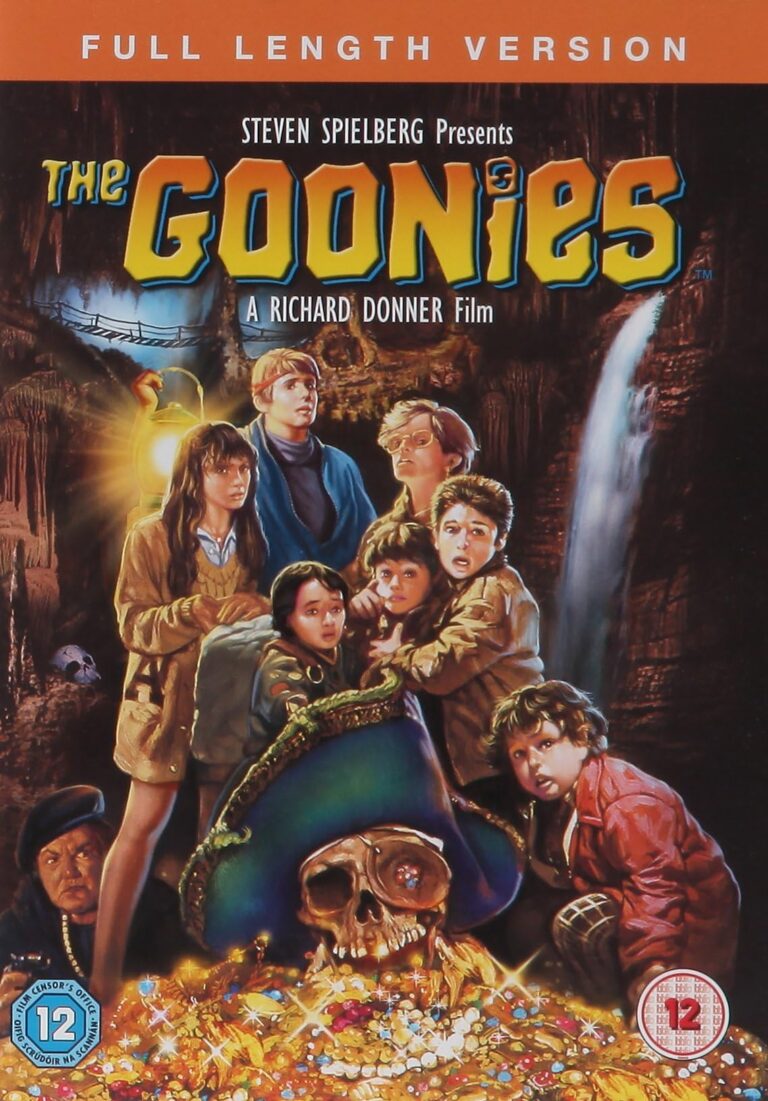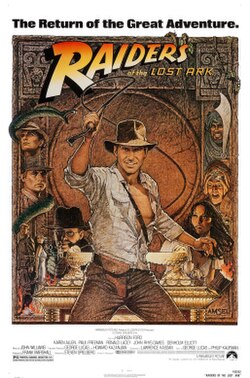
Introduction
Alex Garland, a prominent figure in contemporary cinema, has carved a niche for himself as a writer and director, known for his thought-provoking narratives and distinctive visual style. With an evolving filmography that includes critically acclaimed works like “Ex Machina” and “Annihilation,” Garland’s contributions have not only captivated audiences but have also sparked discussions about philosophy, technology, and the human condition. His work remains highly relevant as it intersects with current themes in the realm of science fiction and psychological horror.
Career Highlights
Garland began his career in the late 1990s, primarily in the realm of screenwriting. His breakthrough came with the film adaptation of his own novel, “The Beach,” which was released in 2000. However, it was the success of his directorial debut, “Ex Machina” (2014), that truly established him as a filmmaker to watch. Garnering an Academy Award for Best Visual Effects, this intelligent narrative about artificial intelligence posed existential questions that resonated with audiences and critics alike.
Following the success of “Ex Machina,” Garland continued to explore complex themes with “Annihilation” (2018), a film that delves into concepts of self-destruction and alien life. Both films showcase Garland’s unique ability to blend science fiction with deep psychological introspection, showcasing his talent for merging thrilling plots with intelligent commentary.
Recent Developments
Garland’s latest project, the series “Devs,” released in 2020 on FX, further solidifies his reputation in the realm of science fiction. The show explores the implications of technology on society and the murky ethics surrounding it, mirroring the increasing apprehensions around technology in today’s world. The series has received praise for its ambitious storytelling and aesthetic cinematography, solidifying Garland’s place as a visionary in a world where technology is ever-looming.
Conclusion
Alex Garland continues to push boundaries in the film industry with his thought-provoking narratives and stylistic choices. As technology and societal issues evolve, the relevance of his work grows, prompting audiences to engage with critical questions about the future. His ability to intertwine complex themes within thrilling plots not only entertains but also encourages viewers to reflect on the implications of emerging technologies in our lives. As he ventures into new projects, audiences eagerly anticipate the contributions he will make to cinema, marking him as a filmmaker worthy of attention in the years to come.






